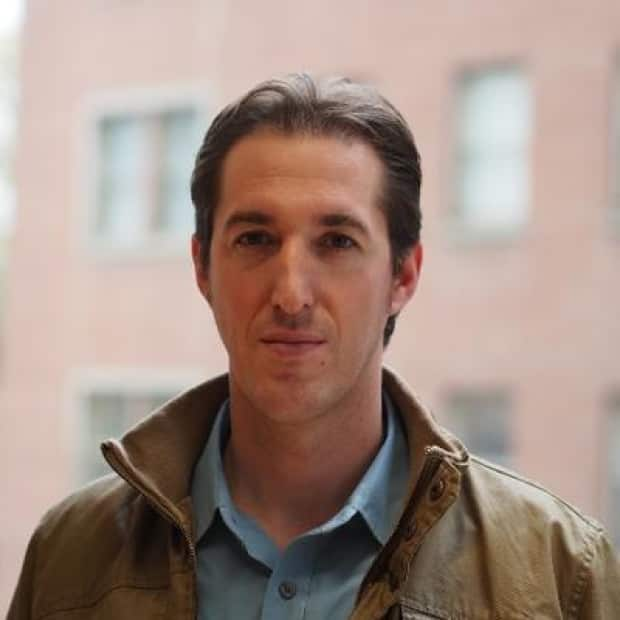Ontario officials working to help Alberta's stricken health-care system battle COVID-19 surge

Ontario officials are "having conversations right now" to determine what support the province can provide to help Alberta's crippled health-care system as it battles its deadly fourth wave of COVID-19.
Deputy Premier and Minister of Health Christine Elliott confirmed Ontario would be providing assistance to Alberta during a news conference on Friday, saying, "We will be there to support them and help them."
"Our officials are having conversations right now to understand exactly what they need," Elliott said.
"This is a truly cross-Canadian effort. There was a time when Ontario needed some help as well and other provinces helped us, and we will certainly do the same to help Alberta."
As of Thursday, there were 896 patients in hospital across Alberta with COVID-19, including 222 in intensive care.
Alberta Premier Jason Kenney warned Wednesday, as he announced new restrictions amid the province's surging COVID-19 numbers, that the acute-care system could run out of staff and critical-care beds within 10 days.
Elliott said she expected Ontario's assistance to go towards alleviating pressure on the "very full" intensive care units.
"There may be other requirements that they have as well, but I would expect intensive care assistance would be top of the list."
'We're in a position where we can help out'
Ontario's offer of help comes as Dr. Verna Yiu, president and CEO of Alberta Health Services (AHS), said she would ask other provinces if they would take ICU patients who need care, or provide spare staff that can work in intensive care units.
On Thursday, B.C. Health Minister Adrian Dix said the province won't be able to help, "given the current demands on B.C.'s health-care system."

But it's a different story in Ontario, with doctors confirming there is capacity in the province to help.
Dr Steve Flindall, an emergency physician in York Region, said "currently, we're in a position where we can help out and I think we should help out if we're able."
"They're tearing apart at the seams it sounds like right now," Flindall told CBC News.
While he said it's "not the best" for health-care workers to travel to Alberta, due to equipment shortages and space issues, he said he believes Ontario hospitals would be well placed to receive patient transfers.
He said physical exhaustion was not as bad for health-care workers in Ontario as demands on hospital staff had "slowed down" here, but mentally, health-care workers are "so ready" for the pandemic to be over due to anti-vaccine protests and "people spouting vitriol at doctors."
Patients could go to provincial hospitals
In terms of patient numbers, Flindall said while at the peak of Ontario's third wave he was intubating three to four patients with COVID-19 per day, he said he hasn't intubated anyone now for a couple of weeks.
He said if he was asked to go to Alberta, he would go. However, he acknowledged this was a foreseeable outcome for Alberta, after it lifted most of its COVID-19 restrictions in July.
"Alberta's in this position because they totally let their guard down. They basically opened the door and invited the coronavirus in. Everybody saw this coming that had any kind of sense to them at all."

Dr Isaac Bogoch, an infectious diseases specialist with the University Health Network in Toronto, says there are currently about 190 patients in intensive care with COVID-19 in Ontario.
"Obviously, that's not good but it's significantly lower than where we were at when we were at crisis levels. Obviously, our trends are going up, our ICU needs are rising over time, but they're rising rather slowly so far."
While Bogoch said it was important to not get "overconfident over these things," the province could accept patients or send physicians to Alberta. He said ideally, patients could be taken to quieter hospitals in the province, rather than to Toronto.
"When we had our major issues in Ontario during Wave 3, that's exactly what we did. We were shuttling people around the province to lower burdened areas and to hospitals that weren't overwhelmed," he said.
While he said this "isn't ideal" as it comes with a host of other issues, as people are separated from their home and family, it's likely the best option.
"Could people go from Ontario go to Alberta to help out? Sure," Bogoch said.
"But ... Ontario health-care providers are busy, we already have full-time jobs, many of us are pretty exhausted from the last year and change and you might not get a lot of people volunteering to do it."

